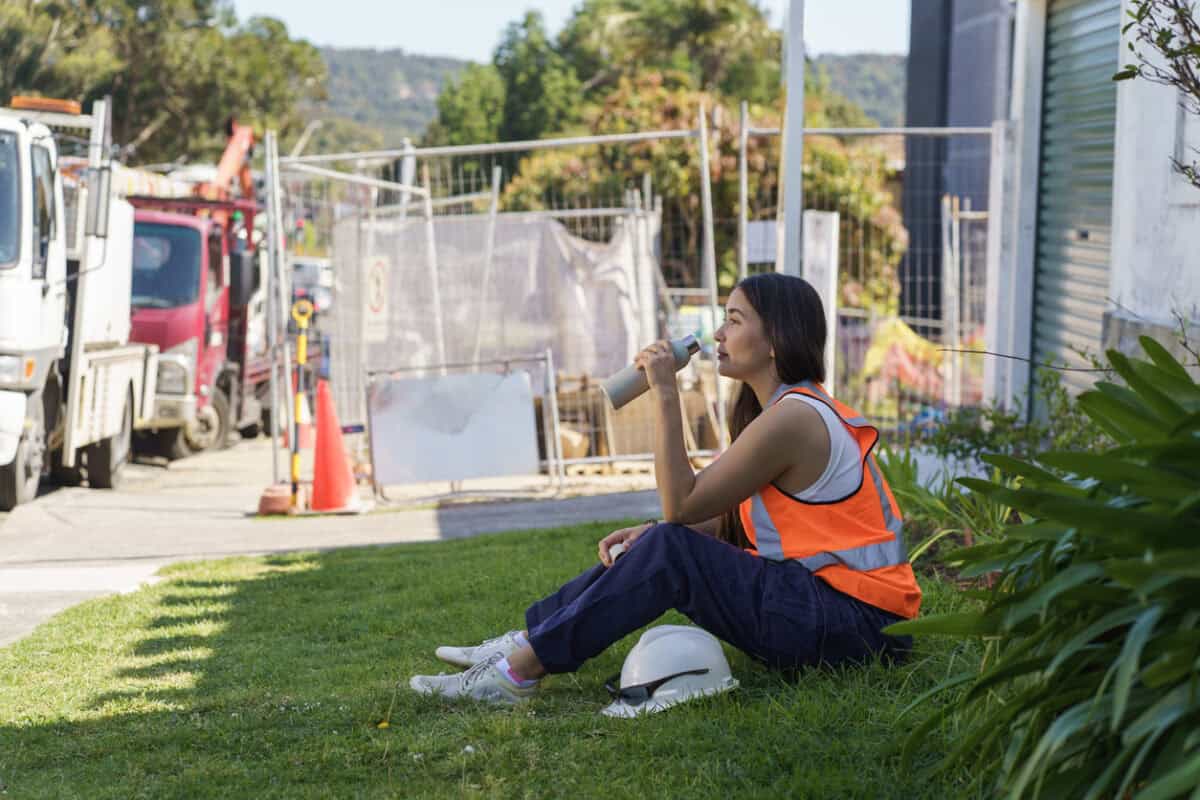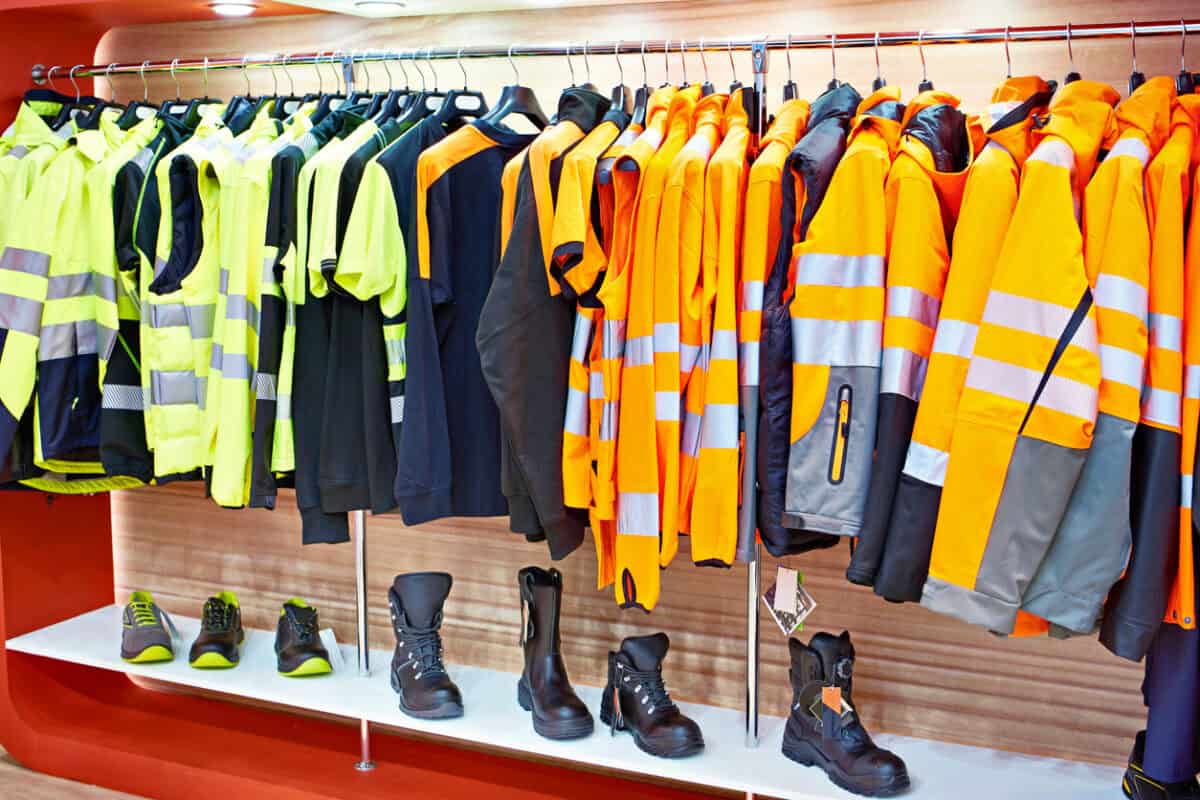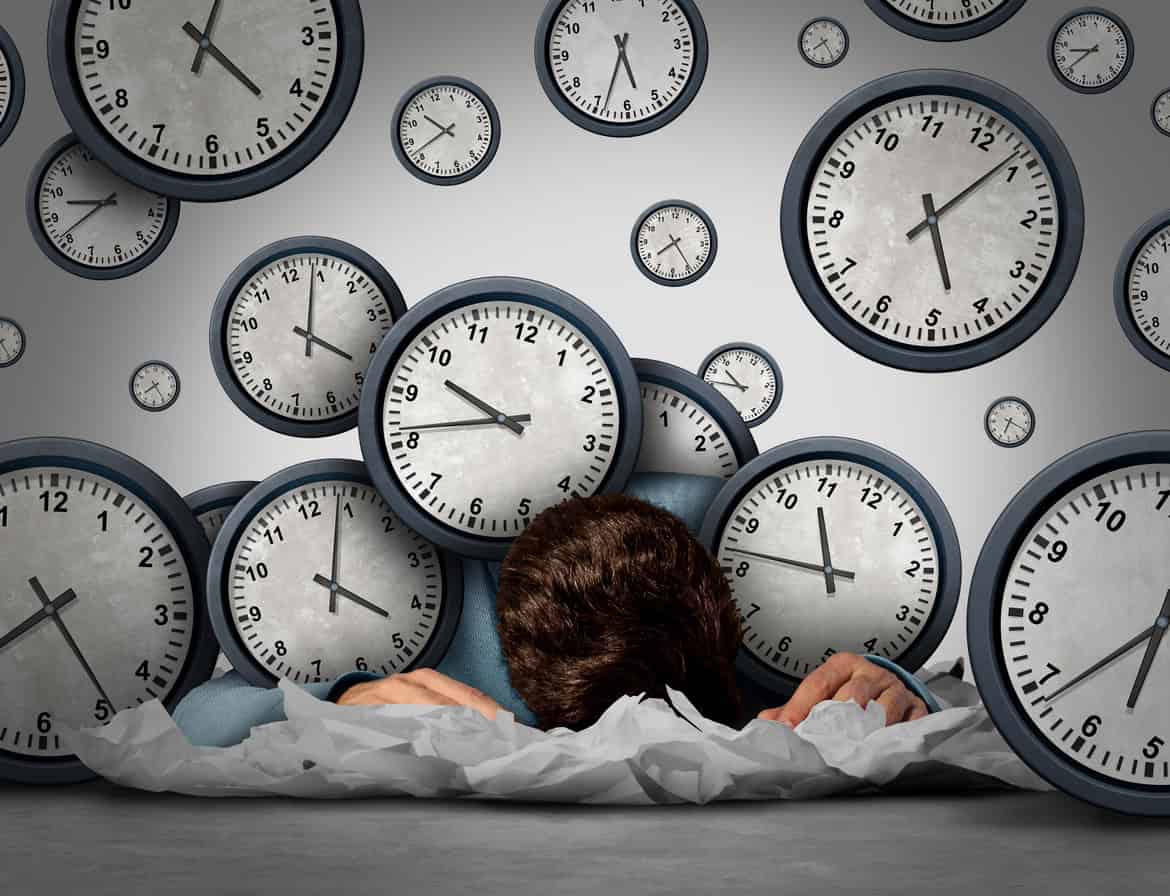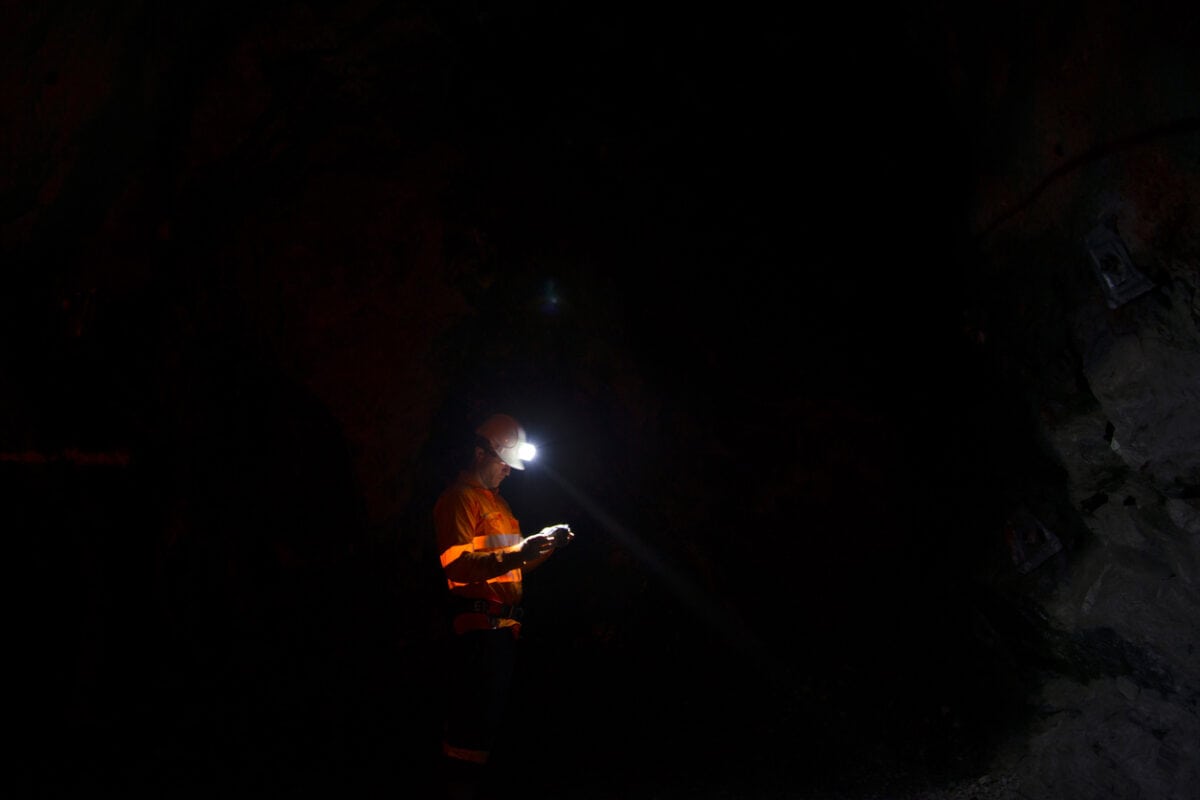In 2021, Safe Work Australia released a model Code of Practice (CoP) for Working in Extreme Heat. The latest iteration of that code was released by the Australian Capital Territory on November 7, 2025. It is greatly expanded and much clearer on the prevention and management of exposures. When companies are claiming “best practice” safety, this CoP is particularly interesting.
Author: Kevin Jones
What changes does Leadership Require
In the landscape of occupational health and safety (OHS), executive leadership is often framed through the lens of compliance. However, as I and others have long argued, the law is the minimum; leadership must aim higher. Across hundreds of SafetyAtWorkBlog articles, a consistent theme emerges – safety leadership must evolve from bureaucratic oversight to moral accountability.
Continue reading “What changes does Leadership Require”Reframing Military Misconduct as a Safety Failure
The goal of occupational health and safety (OHS) is to prevent harm. The goal of most people is to not hurt others with their actions. However, some industry sectors don’t seem to apply these goals, or they rationalise the harm they cause for various reasons, including the greater good, or a corruption of the greater good.
These industries often include those based on military management processes, such as command and control. The emergency services and defence forces are obvious examples. Over many years, the various emergency service organisations throughout Australia have been investigated for bullying, sexual harassment and toxic workplace cultures.
A new report from the United Kingdom seems to illustrate the lack of progress in that country’s military services.
A Notable Omission in Burnout Talk
A recent radio/podcast discussion about burnout was instructional and frustrating. The November 7, 2025, episode of This Working Life was based on interviews with organisational psychologist Ben Searle and clinical psychologist Luke Martin about workplace burnout.
Safety Behaviour – Beyond Compliance in the Modern Workplace
Safety behaviour is often discussed in terms of compliance—whether workers follow procedures, wear protective equipment, or report hazards. Yet, this view only scratches the surface of what safety behaviour truly means in today’s complex organisational environments. At its core, safety behaviour encompasses the observable actions and decisions individuals make that either promote or compromise health and safety. These actions are shaped not just by rules, but by a rich tapestry of social norms, leadership expectations, and the perceived consequences of speaking up or staying silent.
The Ignored Costs of Unpaid Overtime
Australia has held an annual “Go Home on Time Day” for many years, but the amount of unpaid work workers give to their employers and the time their families miss out on remains high. Looking at new data in light of the legislative need for Australian employers to identify and assess psychosocial hazards, there are noticeable changes that employers need to make to comply with their occupational health and safety (OHS) obligations.
Paved with gold and lined with threats
Sexual harassment in Australia’s fly-in, fly-out (FIFO) female mining workforce is well-established after several official inquiries. Sadly, it appears that some of the European holiday visa workers were not aware of the risks, according to a report in The Observer newspaper on November 14, 2025.







